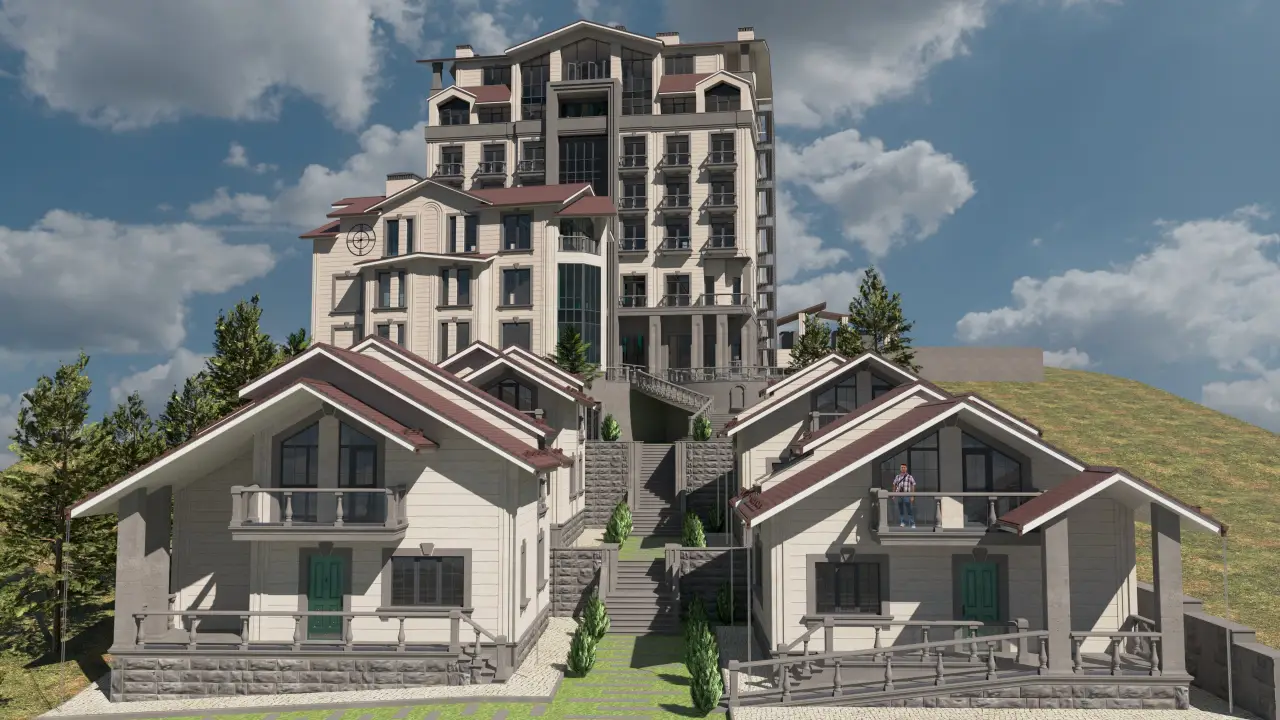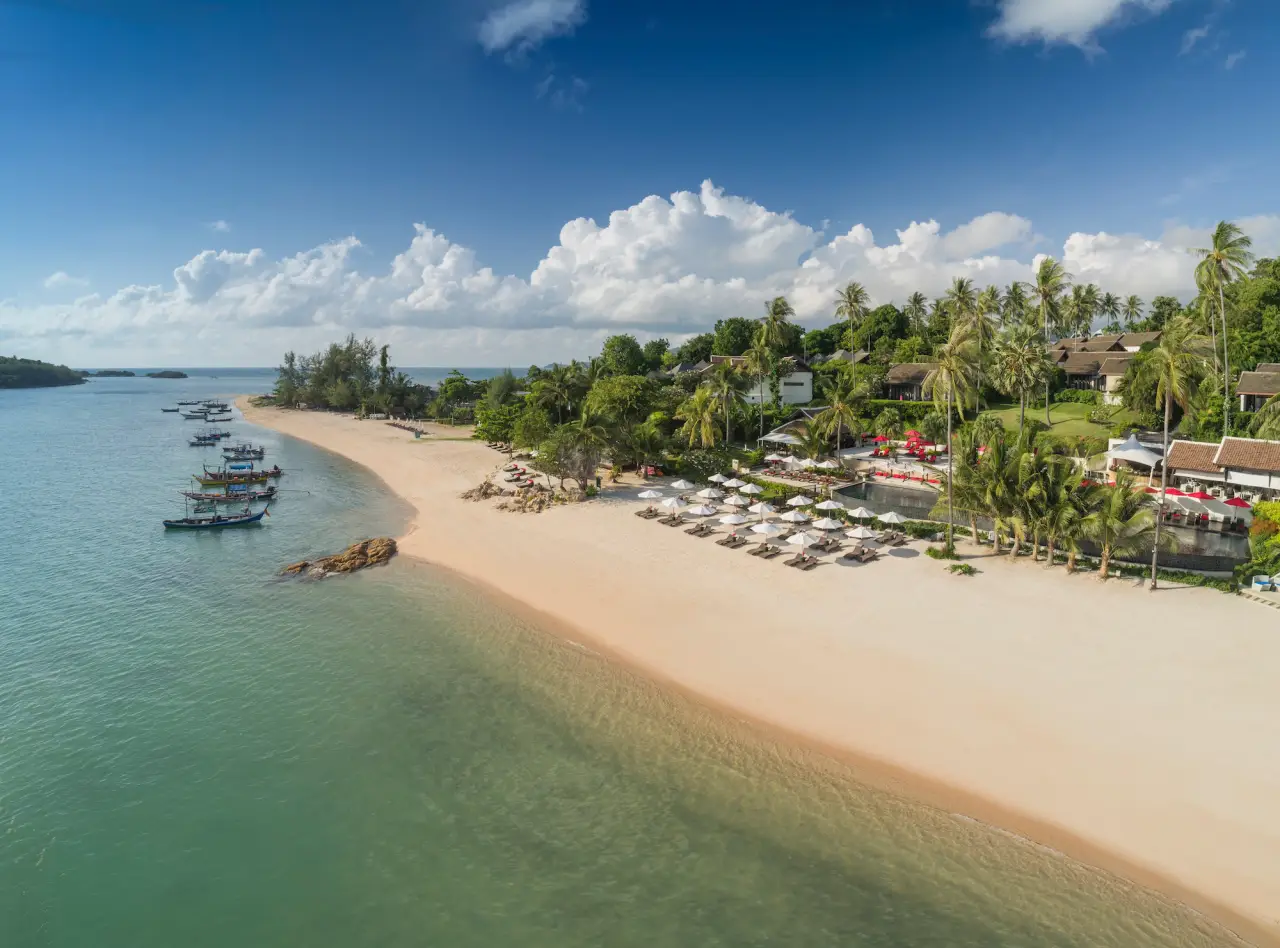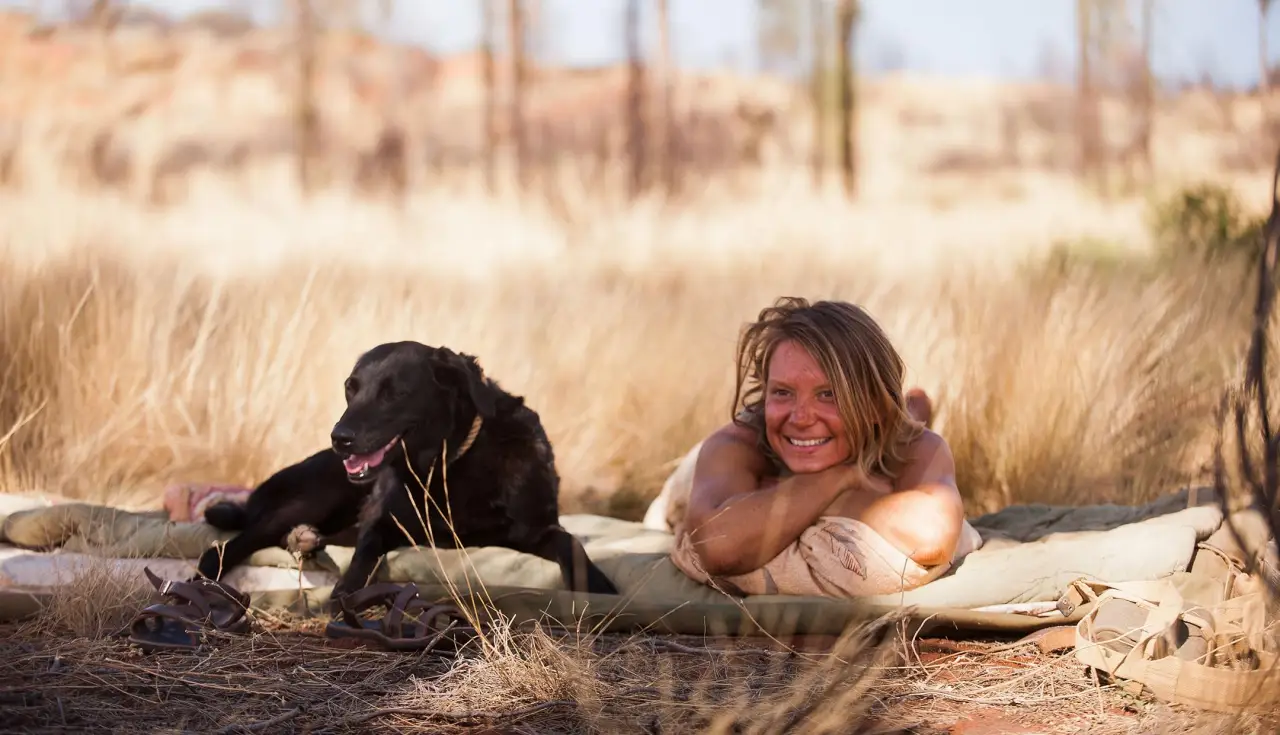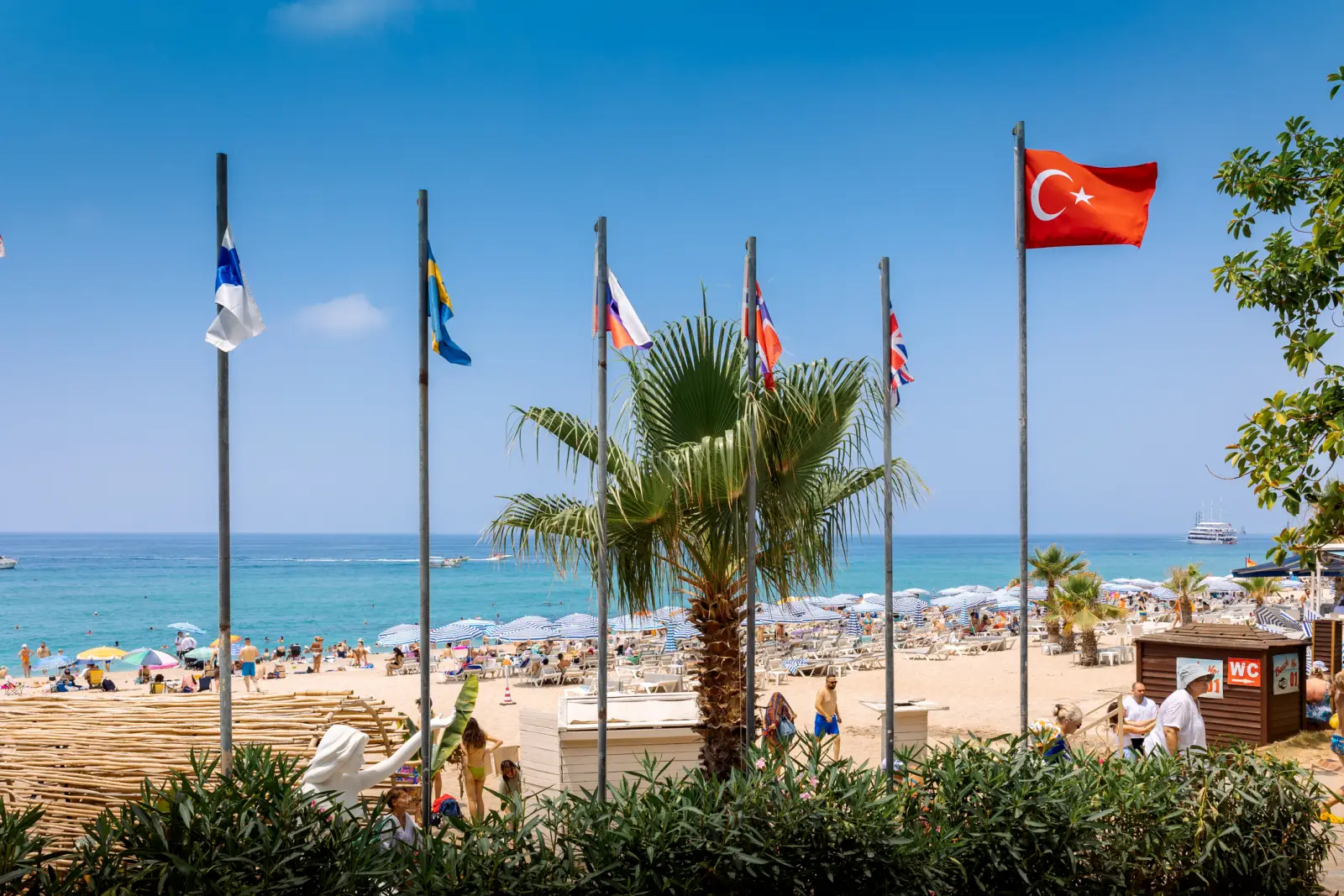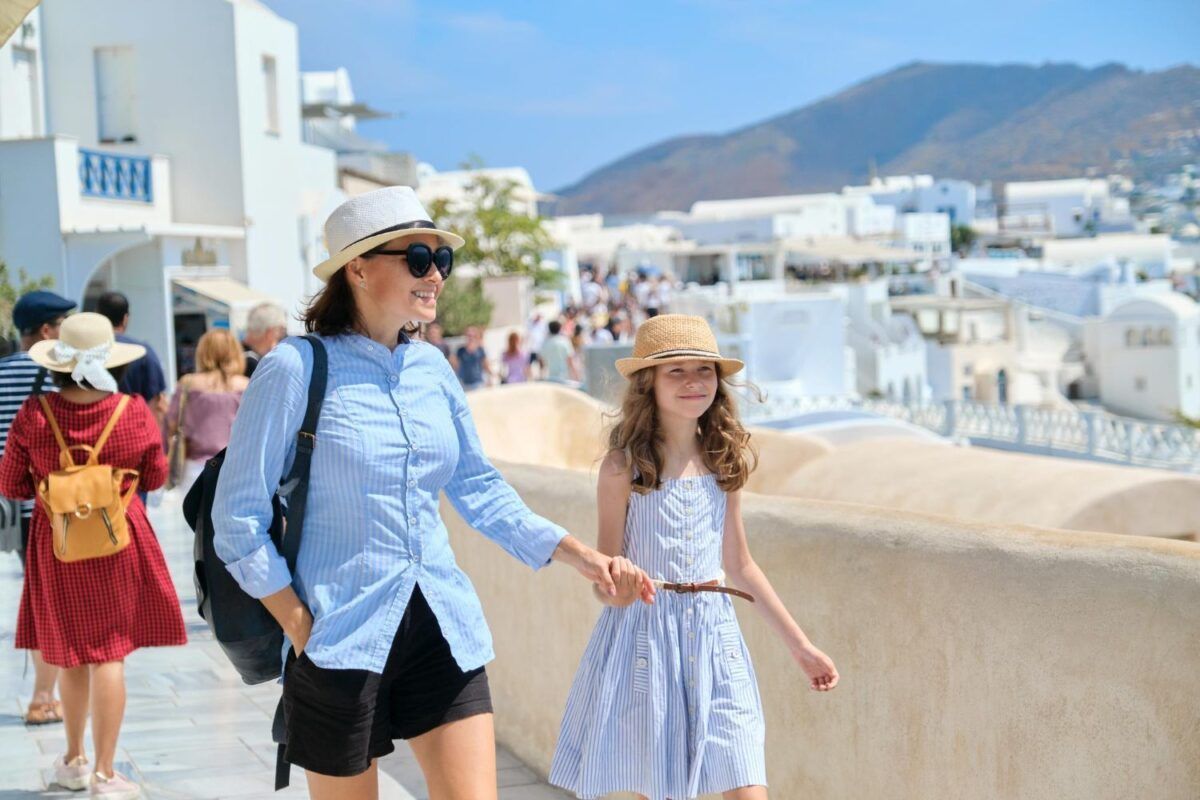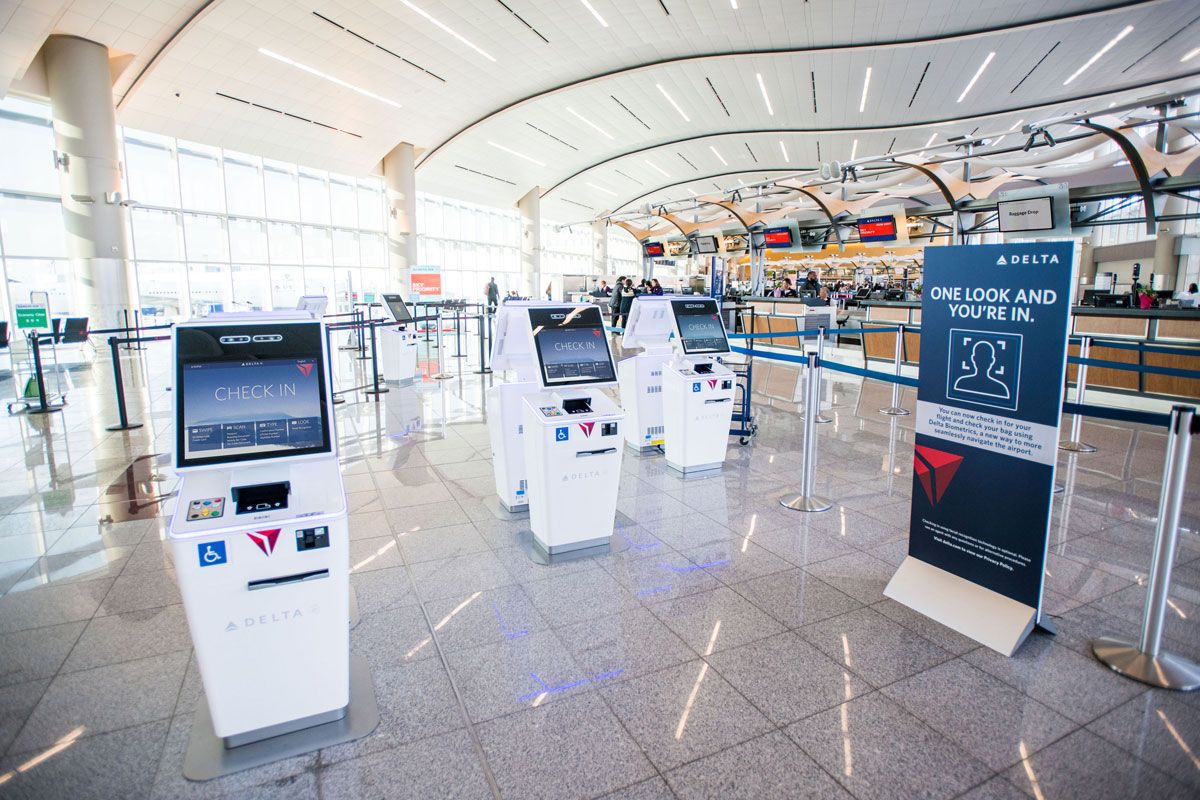Fernanda Morella, a Brazilian woman, tragically died on her 33rd birthday while attempting to take a selfie. According to the New York Post, she was trying to capture a sunset photo at the Kangaroo Point cliffs by the Brisbane River. This is just one example of travelers taking dangerous risks to capture the perfect social media post. Driven by the desire for likes and followers, some people are venturing into unsafe locations.
Tourists engage in reckless activities and ignore local laws, all for the sake of a shareable moment. This shows that the pursuit of online fame can have serious consequences, from injuries and fines to lasting psychological impacts.
This blog post explores the dangers hidden behind the quest for the ultimate travel photo. We’ll discuss the risks and psychological pressures and how you can enjoy your travels safely and responsibly while sharing your adventures online.
Social Media’s Influence on Travel
Social media has undeniably changed how we travel. It’s become more than just a way to share vacation photos; it’s now a powerful force that shapes our travel desires and decisions. Business Wire highlights a survey by Justfly.com, which shows that 81% of Gen Z and 75% of millennials turn to social media for travel inspiration.
While this can be inspiring, it creates a new set of pressures. Travelers often feel compelled to recreate these idealized experiences and capture Instagram-worthy content. This can lead to chasing trends, visiting places just for the photo op, and even taking unnecessary risks.
Think about the rise of “rooftopping” – people climbing onto rooftops or precarious edges for a dramatic shot. Or the countless attempts to get selfies with wild animals, sometimes with disastrous consequences.
A study in PubMed highlights that tourists should know they face a higher risk of dying from road accidents, drowning, and murder abroad. Travel health experts and organizations that send people abroad should warn travelers about these personal injury dangers and suggest ways to stay safe. This could include promoting behaviors that reduce risk.
Additionally, knowing your rights is important in case of personal injury while on vacation. You must stay calm and act smartly in such situations. TorHoerman Law highlights that the most important step is to call for medical attention in case of a personal injury.
After resting, report the incident to local authorities like the police, hotel, or embassy. If someone else’s negligence causes the injury, you can take legal recourse and seek compensation for the harm.
In case of a complex legal situation arising from a travel-related injury, seeking professional guidance is essential. A personal injury lawyer can help you navigate the legal complexities and potentially recover compensation for medical expenses, lost wages, and pain and suffering. Remember, prioritizing safety and preparation is vital to a delightful and worry-free travel experience.
Dangers Faced by Travelers
We’ve seen how social media can influence travel choices, but how does this translate into actual danger? Let’s look at some specific risks travelers face when prioritizing online fame over their well-being.
Unsafe Locations
The desire for unique and eye-catching content can lead travelers to dangerous places. Off-limits or unstable areas hold a particular allure for those seeking a different travel photo. Often shrouded in mystery or danger, these locations promise a thrilling experience and a chance to stand out on social media. However, the reality is that these places can be precarious.
Dangerous Activities
The quest for an adrenaline rush and a thrilling photo can lead travelers to participate in dangerous activities. Extreme sports, like cliff diving or wingsuit flying, are becoming increasingly popular. While these activities can be exhilarating, they also carry significant risks, especially for those without proper training or experience.
Wildlife interactions are another area of concern. Many times, tourists disturb or even endanger wildlife for social media content. This includes getting too close to animals for selfies, feeding them inappropriately, or attempting to handle them. These actions can not only harm the animals but also put tourists themselves in danger.
Disregarding Local Laws
It’s easy to get caught up in the excitement of travel and forget that you are a visitor in someone else’s home. Pursuing the perfect social media post can sometimes lead travelers to disregard local laws and customs. This can range from seemingly minor offenses to serious violations.
Trespassing on private property for a photo op is a common issue. Iceland Review highlights that three Italian tourists were convicted of illegal off-road driving in Iceland’s Central Highland region, located north of Vatnajökull glacier. Iceland reported increased fines issued to tourists for illegal off-road driving, often linked to social media.
The Psychological Impacts
Beyond the physical dangers, the quest for social media fame can take a toll on your mental well-being. Let’s explore some of the psychological impacts this pursuit can have.
Anxiety and Validation
Social media can be a double-edged sword. It’s a great way to stay connected and share experiences, but it can also create unrealistic expectations. The constant pressure to present a perfect online persona can take a toll on your mental health. Travel photos often showcase only the highlights, creating an illusion of constant excitement and adventure.
This can lead to feelings of inadequacy and anxiety, especially when you compare your own experiences to those carefully curated images. The need for constant validation through likes and comments can become addictive. It can make you feel like your experiences are only valuable if others share and approve them online.
Fear of Missing Out (FOMO)
Scrolling through your social media feed can be a fun way to pass the time, but it can also fuel feelings of inadequacy. A study published in ScienceDirect shows that spending a lot of time on social media can make people feel like they’re missing out. People afraid of missing out might become more self-centered and focused on getting admiration from others.
This feeling can drive you to constantly seek new and exciting experiences to keep up with what you see online.
Loss of Genuine Experience
Think about the last time you visited a new place. Were you fully present in the moment, or were you busy trying to capture the perfect photo for Instagram? It’s easy to get so caught up in documenting your travels that you forget to experience them. Prioritizing social media can create a barrier between you and the world around you.
Instead of savoring a delicious meal, you might be focused on getting the ideal food shot. Instead of engaging in a meaningful conversation with a local, you might be preoccupied with capturing a scenic backdrop. This constant need to document and share can distract you from truly connecting with the people, places, and cultures you encounter.
FAQs
What dangers are associated with traveling?
Traveling, while exciting, comes with inherent risks. These include accidents, illnesses, theft, natural disasters, and political instability in certain regions. It’s crucial to be informed about your destination and take necessary precautions to ensure a safe and enjoyable trip.
What are the health risks of tourism?
Tourism can pose health risks. Travelers may encounter unfamiliar diseases, contaminated food or water, and changes in climate or altitude. Increased exposure to crowds can increase the risk of spreading infections. It’s important to consult a doctor before traveling and take necessary precautions.
How does tourism affect wildlife?
Tourism can have both positive and negative effects on wildlife. It can raise awareness and funds for conservation efforts. However, it can also disturb habitats, increase pollution, and lead to the exploitation of animals for entertainment. Responsible tourism practices are crucial to minimize negative impacts.
It’s clear that social media has a powerful influence on how we travel. While it can be a source of inspiration and connection, knowing the potential downsides is important. Chasing likes and followers can lead to risky behavior, anxiety, and even a disconnection from the true essence of travel.
Let’s choose to be authentic, both in our travels and online. Share your experiences genuinely, and don’t let the pressure for the perfect post overshadow the real journey. Travel safely, explore mindfully, and share authentically.


